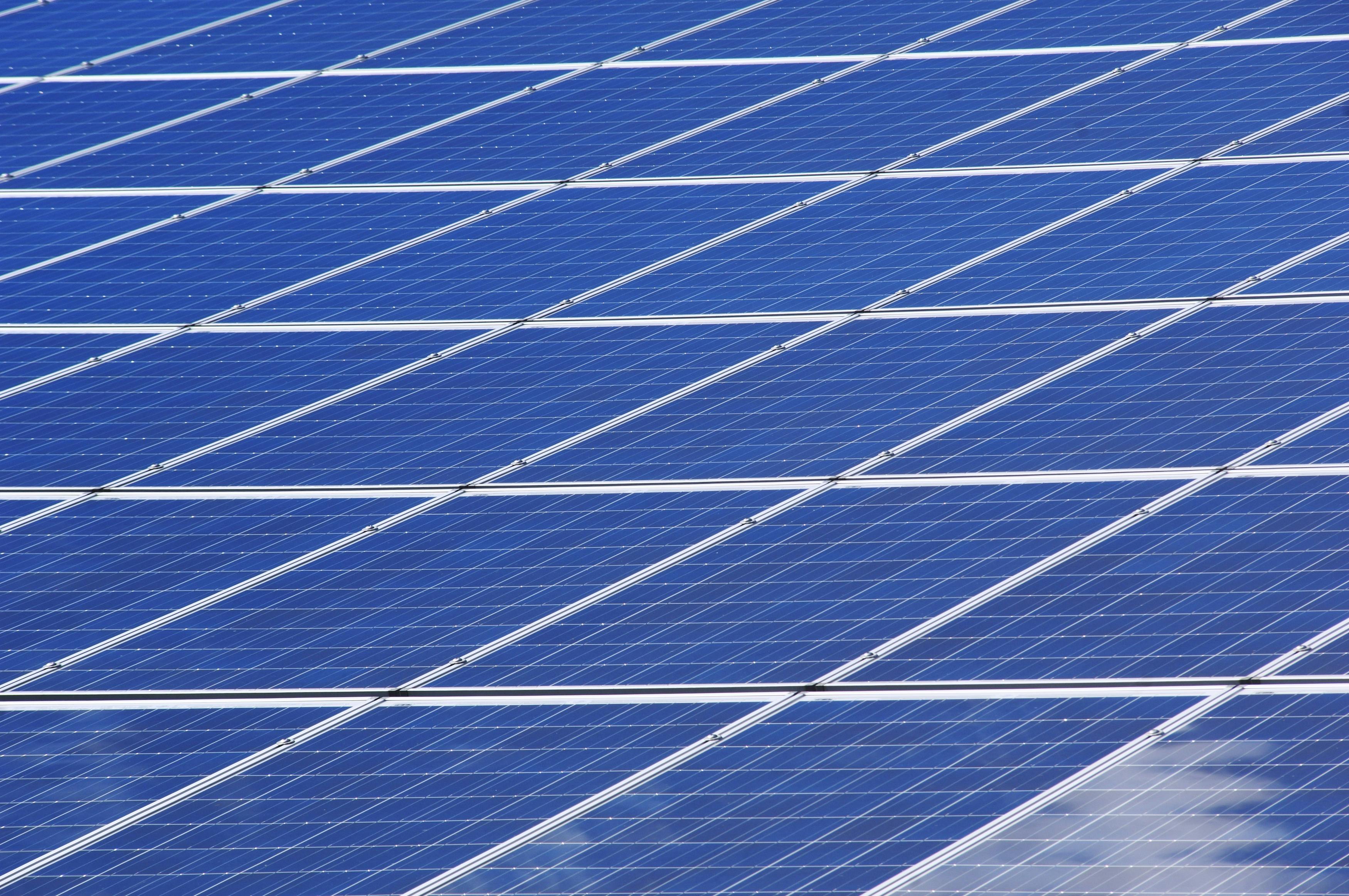Understanding Power Generators: A Comprehensive Guide to Backup Energy Solutions
Power generators serve as critical backup energy solutions for homes, businesses, and industrial applications, providing reliable electricity when primary power sources fail. These essential devices convert various forms of energy into electrical power, ensuring continuity during outages and offering mobility for remote operations.

Types of Power Generators Available
Power generators come in several categories, each designed for specific applications. Conventional fuel-powered generators typically run on diesel, gasoline, or natural gas, offering immediate and consistent power output. These traditional power generators remain popular for their reliability and ability to handle heavy loads, making them suitable for both residential backup and commercial applications.
Solar Power Generator Technology
Solar power generators represent an environmentally friendly alternative to conventional fuel-based systems. These generators capture solar energy through photovoltaic panels and store it in battery banks for later use. Solar power generators operate silently and require minimal maintenance, though their output capacity may vary depending on weather conditions and available sunlight.
Choosing Between Different Generator Systems
When selecting between power generators, several factors require consideration. Fuel-based generators offer immediate, high-capacity power but require regular maintenance and fuel storage. Solar power generators provide renewable energy with lower operating costs but need sufficient sunlight and may have limited power output compared to traditional systems.
Maintenance Requirements and Safety Considerations
Regular maintenance ensures optimal generator performance and longevity. For conventional power generators, this includes oil changes, filter replacements, and fuel system checks. Solar power generators require panel cleaning and battery monitoring. All systems need proper ventilation and installation according to local safety codes.
Modern Features and Technology Integration
Today’s power generators incorporate advanced features like automatic transfer switches, remote monitoring capabilities, and smart power management systems. Solar power generators often include sophisticated charge controllers and inverters that optimize energy capture and storage, while maintaining stable output for sensitive electronics.
Current Market Options and Pricing
| Generator Type | Average Cost Range | Key Features |
|---|---|---|
| Portable Gas | $500 - $2,000 | 2000-7500 watts, lightweight |
| Standby Home | $3,000 - $15,000 | 7000-20000 watts, automatic operation |
| Solar Generator | $1,000 - $5,000 | 1000-5000 watts, zero emissions |
| Industrial | $10,000 - $50,000 | 20000+ watts, heavy-duty construction |
Prices, rates, or cost estimates mentioned in this article are based on the latest available information but may change over time. Independent research is advised before making financial decisions.
The selection of power generators continues to expand as technology advances and energy needs evolve. Whether choosing a traditional fuel-powered system or exploring solar power generators, understanding specific power requirements and operational constraints remains crucial for making an informed decision. Regular maintenance, proper installation, and adherence to safety guidelines ensure reliable backup power when needed most.




